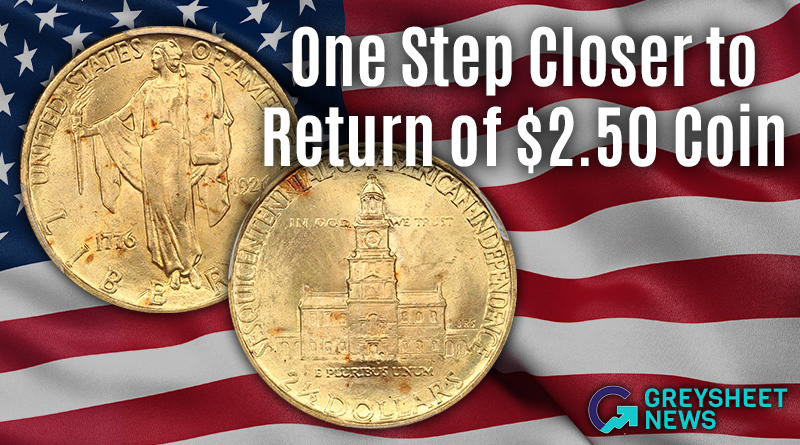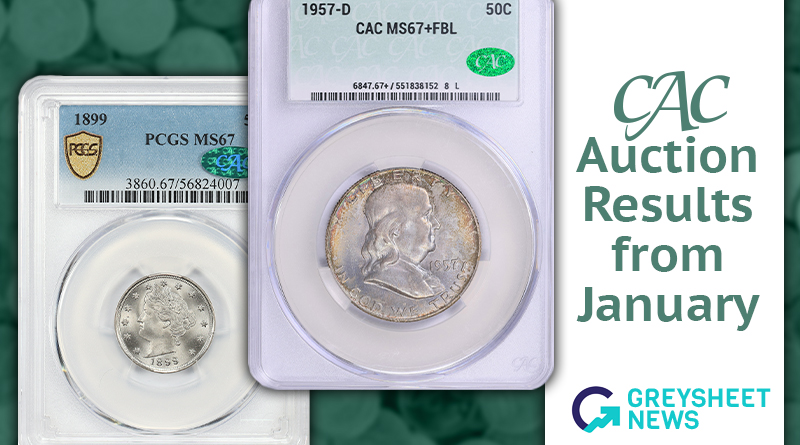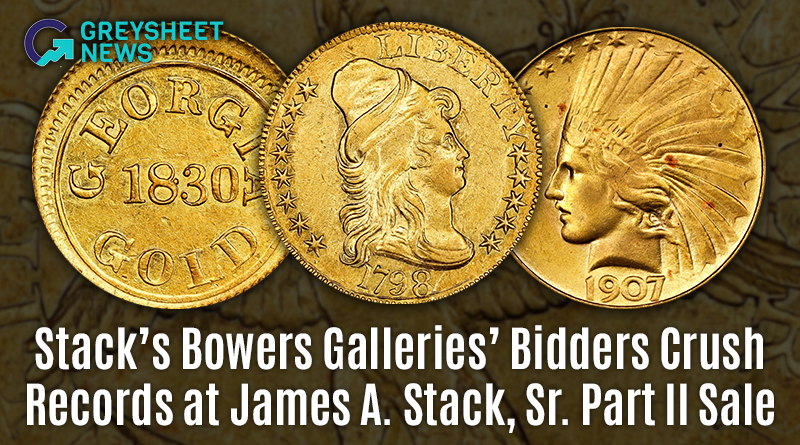Greysheet & CPG® PRICE GUIDE
- U.S. Coins /
- Nickels /
-
Buffalo Nickels, Proof (1913–1937) Values
About This Series
The Buffalo nickel, designed by James Earle Fraser, features two major subtypes, both spawned during the first year of the series. In 1913, the Buffalo nickel was originally produced with the coin's namesake animal (actually a bison, not a 'buffalo' as commonly thought) standing on a mound. The mound was redefined at the bottom with a line to give the phrase "FIVE CENTS" a recessed area in which to sit. 1913 Buffalo nickels featuring the mound are referred to as Variety 1, while the subtype released later in 1913 and all pieces produced thereafter are called Variety 2.
Proofs exist of both 1913 Variety 1 and Variety 2 nickels, with the former scarcer than the latter. Proofs were also made in 1914, 1915, and 1916 before production of proof coinage was halted for two decades. When the United States Mint returned to making proof coinage for collectors in 1936, production of proof Buffalo nickels also resumed. The last proof Buffalo nickels were made in 1937. While Buffalo nickels were minted in 1938, none were made at the Philadelphia Mint, which is where proof coinage was also manufactured before the 1960s. Therefore, no proof Buffalo nickels were minted during the last year the series was in production in 1938.
Catalog Detail
Legal Disclaimer
The prices listed in our database are intended to be used as an indication only. Users are strongly encouraged to seek multiple sources of pricing before making a final determination of value. CDN Publishing is not responsible for typographical or database-related errors. Your use of this site indicates full acceptance of these terms.
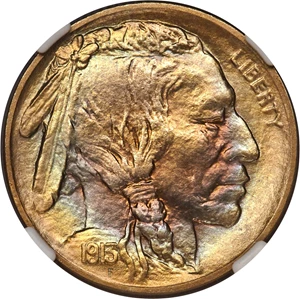


















| Buffalo Nickels, Proof (1913–1937) | Value Range | Favorite | |||
|---|---|---|---|---|---|
| Buffalo Nickels, Proof (1913–1937) | Value Range | ||||
|
$650
-
$90,000
$650 - $90,000
|
||||
|
$500
-
$17,500
$500 - $17,500
|
||||
|
$600
-
$6,000
$600 - $6,000
|
||||
|
$550
-
$18,000
$550 - $18,000
|
||||
|
$650
-
$90,000
$650 - $90,000
|
||||
|
$550
-
$17,500
$550 - $17,500
|
||||
|
$500
-
$18,000
$500 - $18,000
|
||||
|
$600
-
$225,000
$600 - $225,000
|
||||
|
$650
-
$30,000
$650 - $30,000
|
||||
|
$65,000
-
$78,000
$65,000 - $78,000
|
||||
|
$600
-
$6,000
$600 - $6,000
|
||||
|
$625
-
$8,000
$625 - $8,000
|
||||
|
$575
-
$18,000
$575 - $18,000
|
||||
|
$1,600
-
$10,200
$1,600 - $10,200
|
||||
From the Greysheet Marketplace
Auction Ends: 12/9/2025
Buy Now: $13,875.00
Buy Now: $555.00
Buy Now: $1,803.75
Buy Now: $1,665.00
Auction Ends: 12/15/2025
Buy Now: $7,215.00
Buy Now: $560.00
Buy Now: $587.38
Auction Ends: 12/9/2025
Related Stories (powered by Greysheet News)
View all news
Greysheet Catalog Details
The Buffalo nickel, designed by James Earle Fraser, features two major subtypes, both spawned during the first year of the series. In 1913, the Buffalo nickel was originally produced with the coin's namesake animal (actually a bison, not a 'buffalo' as commonly thought) standing on a mound. The mound was redefined at the bottom with a line to give the phrase "FIVE CENTS" a recessed area in which to sit. 1913 Buffalo nickels featuring the mound are referred to as Variety 1, while the subtype released later in 1913 and all pieces produced thereafter are called Variety 2.
Proofs exist of both 1913 Variety 1 and Variety 2 nickels, with the former scarcer than the latter. Proofs were also made in 1914, 1915, and 1916 before production of proof coinage was halted for two decades. When the United States Mint returned to making proof coinage for collectors in 1936, production of proof Buffalo nickels also resumed. The last proof Buffalo nickels were made in 1937. While Buffalo nickels were minted in 1938, none were made at the Philadelphia Mint, which is where proof coinage was also manufactured before the 1960s. Therefore, no proof Buffalo nickels were minted during the last year the series was in production in 1938.
Catalog Detail
Legal Disclaimer
The prices listed in our database are intended to be used as an indication only. Users are strongly encouraged to seek multiple sources of pricing before making a final determination of value. CDN Publishing is not responsible for typographical or database-related errors. Your use of this site indicates full acceptance of these terms.





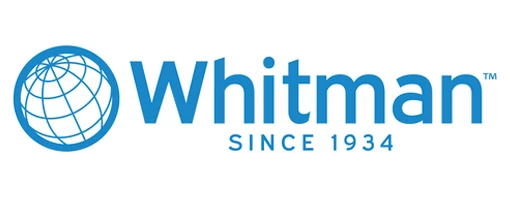

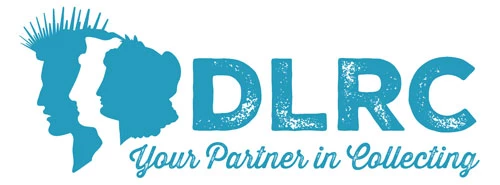


 Loading more ...
Loading more ...









